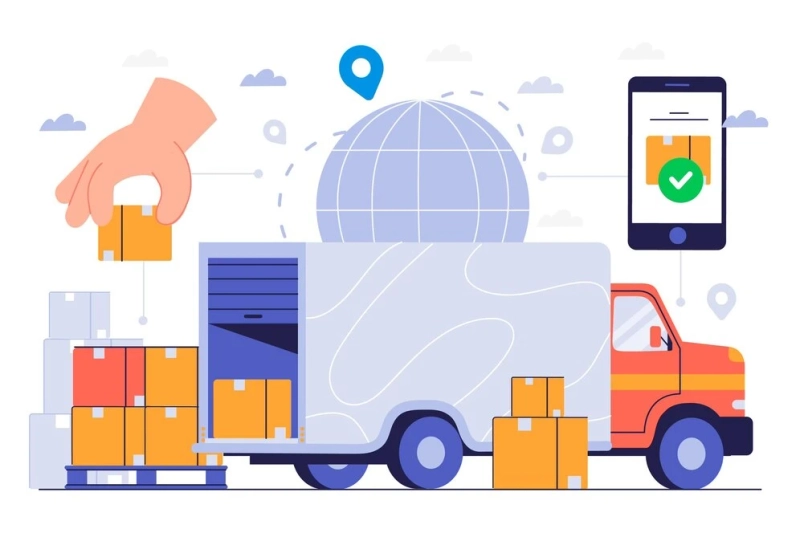Demystifying Shipping APIs: A Comprehensive Guide for E-commerce Entrepreneurs
Shipping APIs have revolutionized the way e-commerce entrepreneurs manage their shipping processes, offering a myriad of benefits including enhanced efficiency, improved customer experience.


